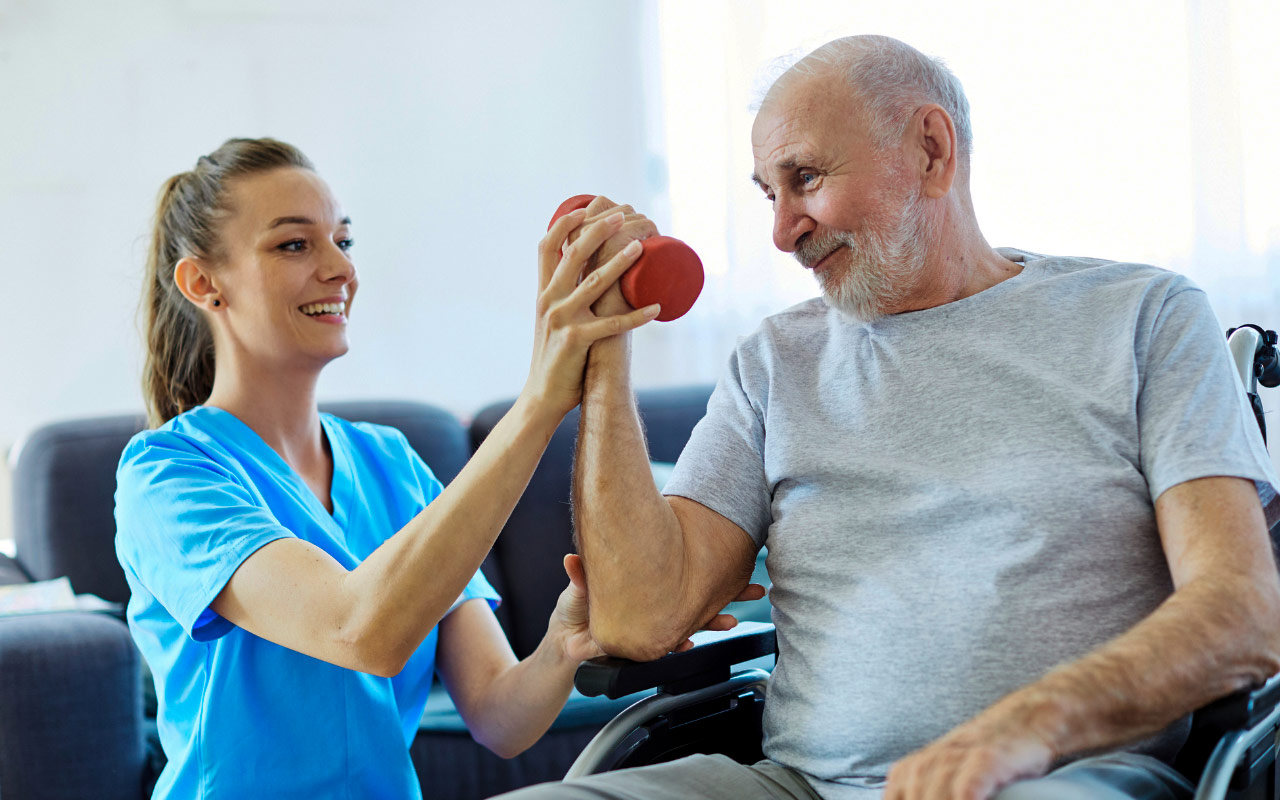
Arthritis is a prevalent condition that affects millions of people worldwide, causing pain, stiffness, and reduced mobility in the joints. While there is no cure for arthritis, proper care and management can significantly improve the quality of life for those living with this condition. In this article, we will explore various aspects of arthritis care, including lifestyle modifications, medical treatments, and self-help strategies.
- Lifestyle Modifications:
a. Exercise: Regular, low-impact exercises such as walking, swimming, or yoga can help maintain joint flexibility and strengthen the muscles around the affected joints.
b. Healthy Diet: Adopting an anti-inflammatory diet rich in omega-3 fatty acids, fruits, vegetables, and whole grains can contribute to reducing arthritis symptoms.
c. Weight Management: Maintaining a healthy weight helps alleviate pressure on the joints, particularly in weight-bearing areas like the knees and hips. - Medical Treatments:
a. Medications: Nonsteroidal anti-inflammatory drugs (NSAIDs), disease-modifying antirheumatic drugs (DMARDs), and pain relievers are commonly prescribed to manage arthritis symptoms.
b. Physical Therapy: Working with a physical therapist can provide tailored exercises and techniques to improve joint function and reduce pain.
c. Injections: Corticosteroid injections or hyaluronic acid injections can offer relief by reducing inflammation or providing lubrication to the joints. - Self-Help Strategies:
a. Joint Protection Techniques: Learning proper body mechanics and using assistive devices can help protect joints during daily activities.
b. Heat and Cold Therapies: Applying heat or cold packs can provide relief from arthritis symptoms. Heat relaxes muscles and joints, while cold reduces inflammation and numbs the area.
c. Mind-Body Techniques: Practices such as meditation, deep breathing, and guided imagery can help manage stress and improve overall well-being. - Emotional Support:
a. Support Groups: Joining a support group or connecting with others facing similar challenges can provide emotional support and valuable insights.
b. Counseling: Seeking counseling or therapy can help individuals cope with the emotional impact of living with arthritis.
